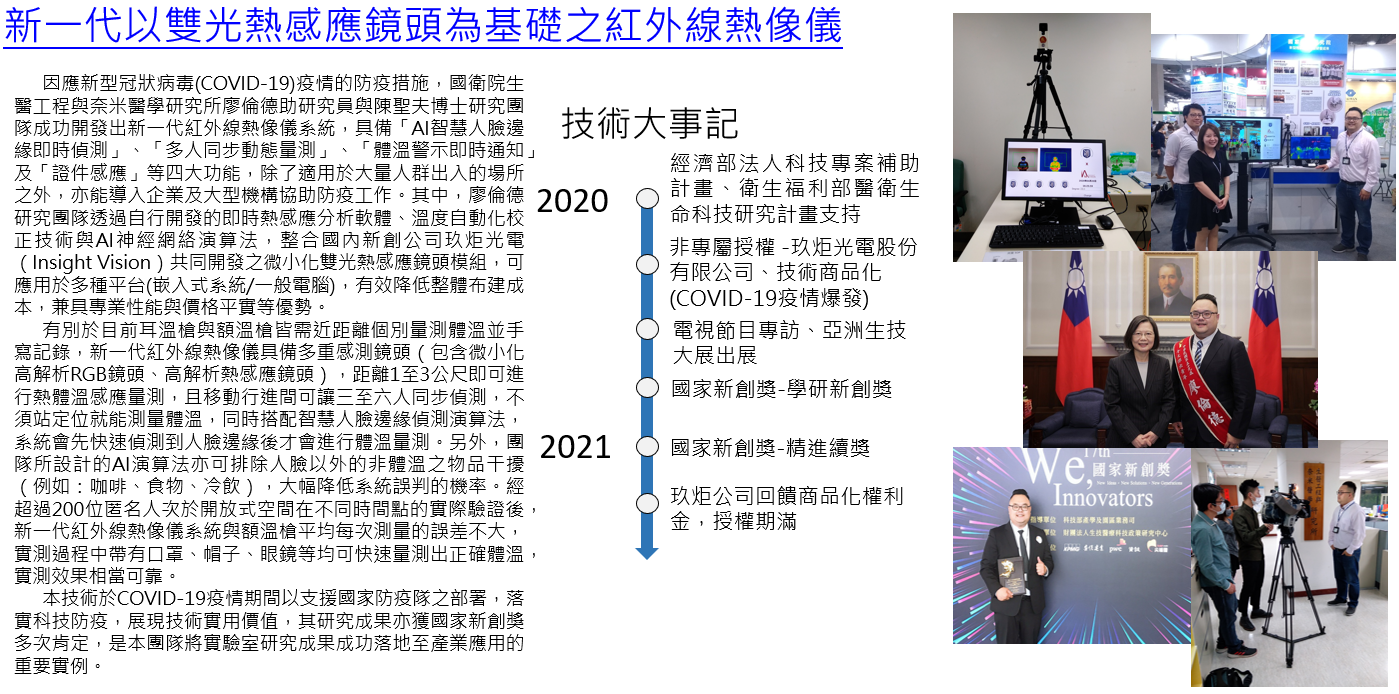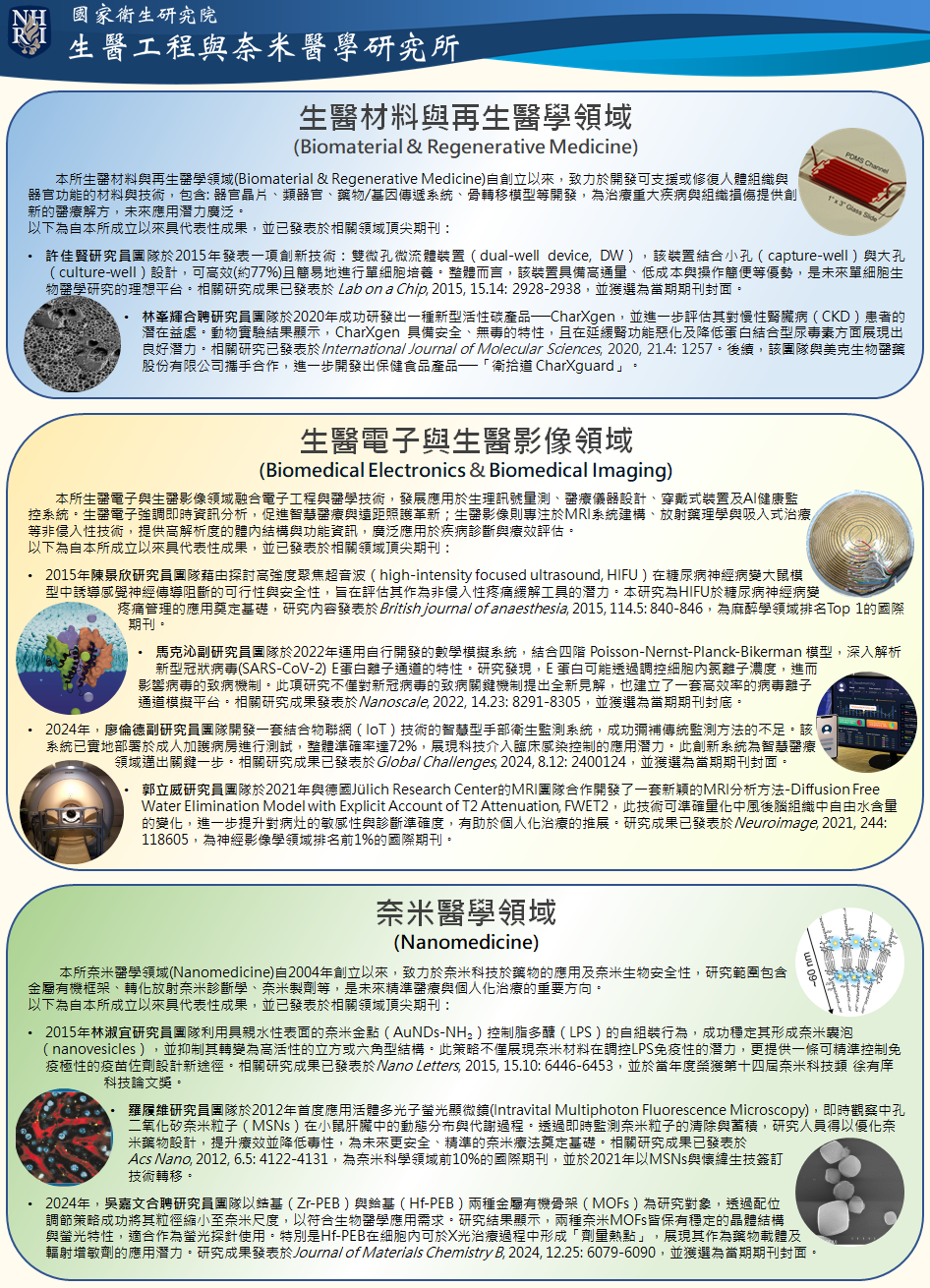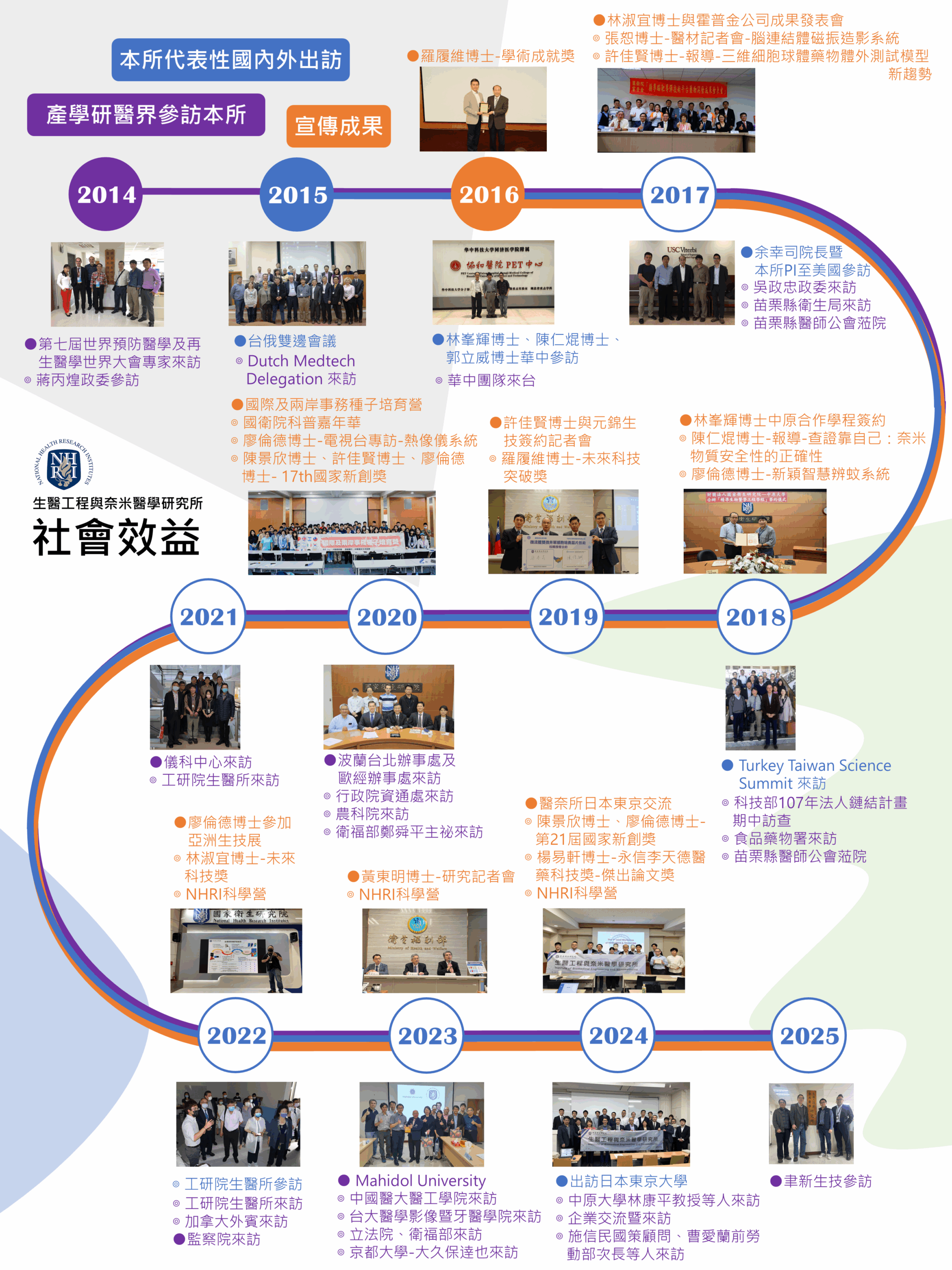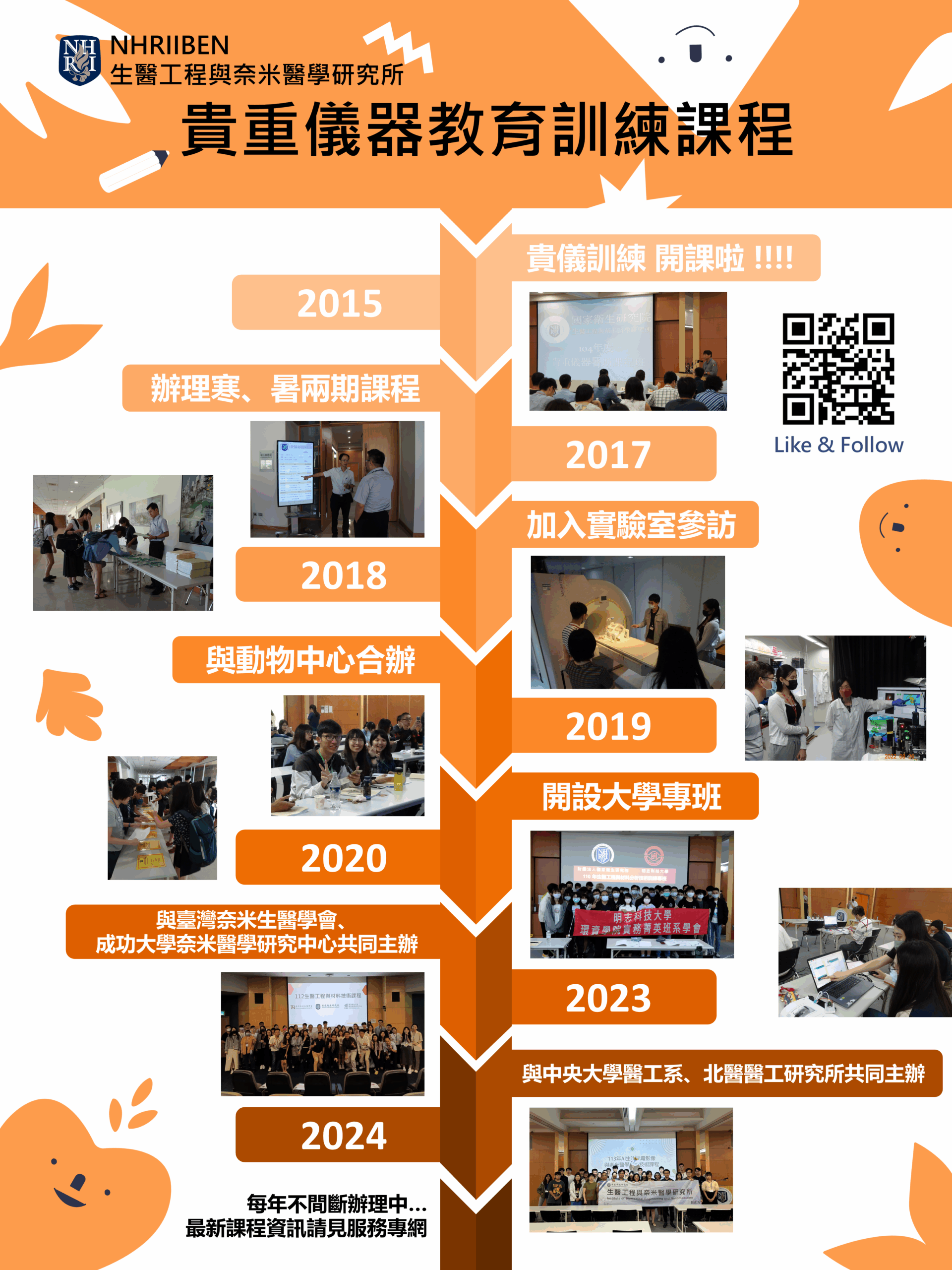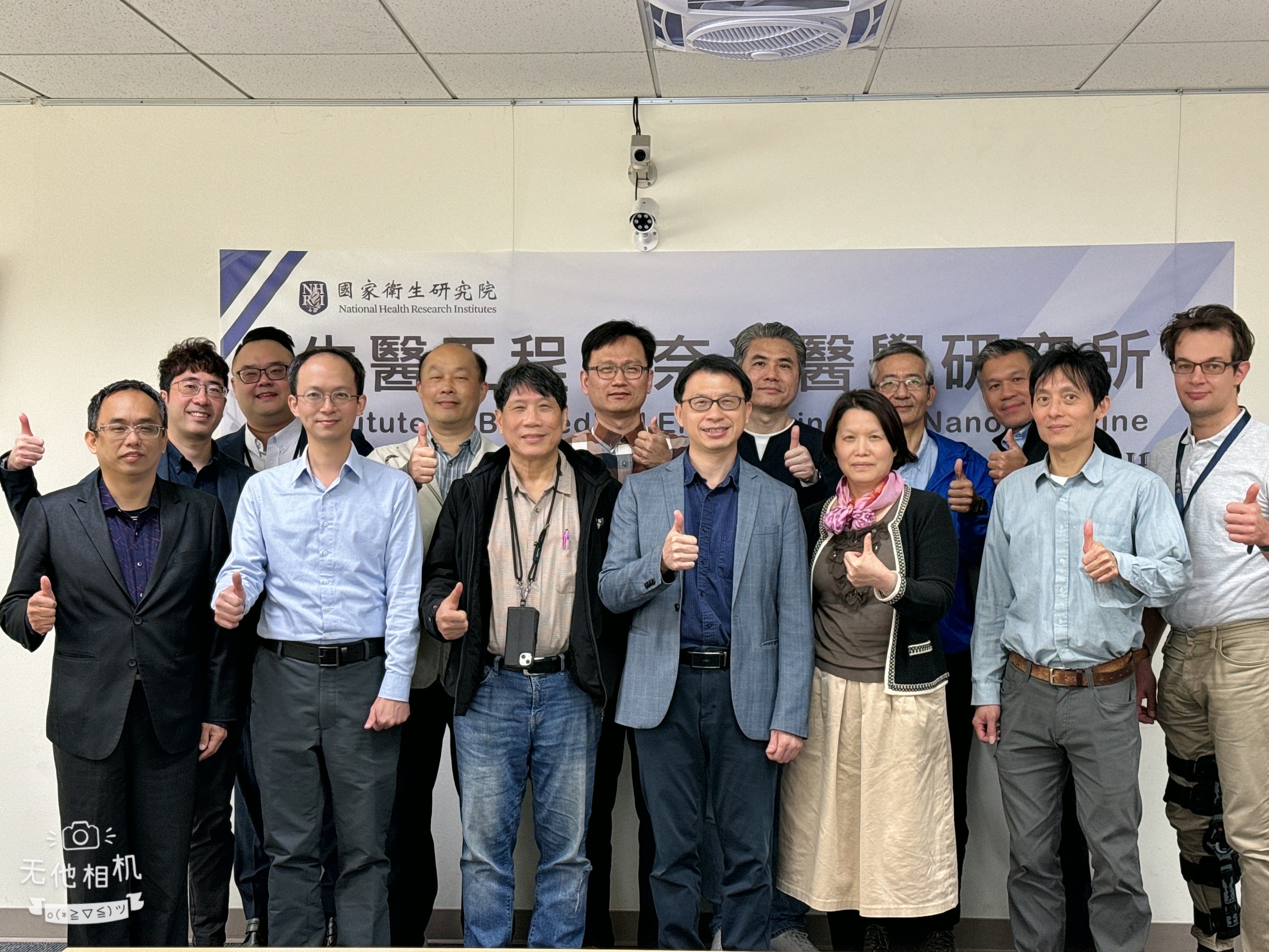
本院規劃成立之初,承蒙海內外生醫工程界學術領袖高瞻遠矚的建議及努力下,於2000年6月成立醫學工程研究組(簡稱醫工組),致力研發具價值及開發性的醫學新療法、技術及醫材產品,以達成提升國內醫學工程研究技術水準。
爾後於2004年8月,在政府推動奈米生醫科技研究政策下,本院成立奈米醫學研究中心(簡稱奈米中心),執行奈米國家型科技計畫,推動我國在奈米科技於醫藥衛生上的應用研究,整合奈米科技與醫藥科技的跨領域研究。
基於醫工組與奈米中心兩者的專長互補性、具關鍵性研究團隊及共同的產學研發目標,於2013年合併,成就今日之生醫工程與奈米醫學研究所(簡稱醫工奈米所)。
本所研究聚焦於生醫材料及再生醫學、生物醫學影像、奈米醫學及醫用電子等四大跨領域研究方向,並以開發具前瞻性生醫產品、發展生醫影像、奈米醫學核心技術、以及開創生醫產業新契機為研究導向,根據基礎研究累積研發能量將產品導入臨床轉譯,期與產業建立強烈鍵結為本所發展宗旨。
Based on valuable suggestions and efforts from both domestic and international communities in the biomedical engineering field in June 2000, the Division of Medical Engineering Research (ME) was founded and our mission is to develop valuable and innovative medical therapies, technologies, and medical products to increase the level of medical engineering research in Taiwan.
Later in August 2004, with the aim of promotion for nanobiomedicine, the Center for Nanomedicine Research (CNMR) was established to execute the National Nano Science and Technology Program. The mission of the Center is to integrate interdisciplinary research in nanotechnology and medical technology for the application of medicine and health.
Based on the complementary expertise of the ME and CNMR for the same goals of industry-academia collaboration, the two organizations merged in 2013 to become the Institute of Biomedical Engineering and Nanomedicine (IBEN). The IBEN focuses on Biomaterials and Regenerative Medicine, Biomedical Imaging, Nano-Medicine, and Biomedical Electronics; and it performs translational research in close collaboration with clinical institutions. The institute also forms close connections with local and international industrial players to enhance the commercialization of its research products.
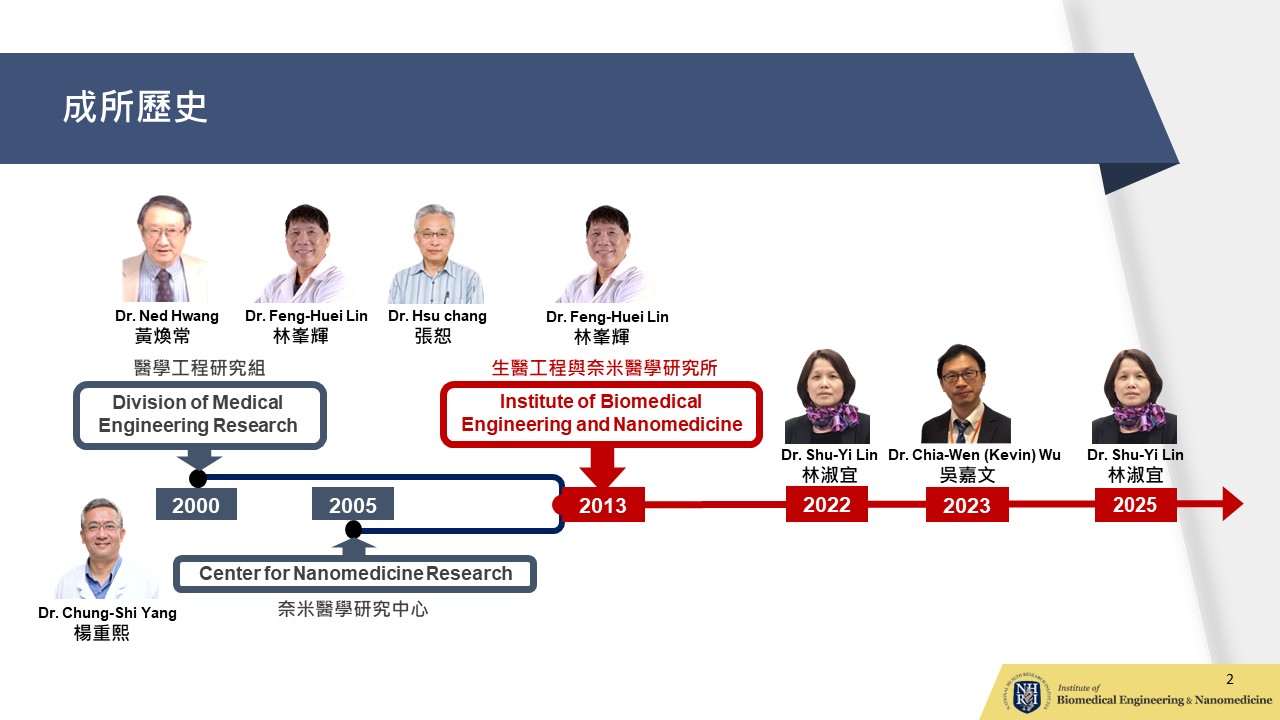
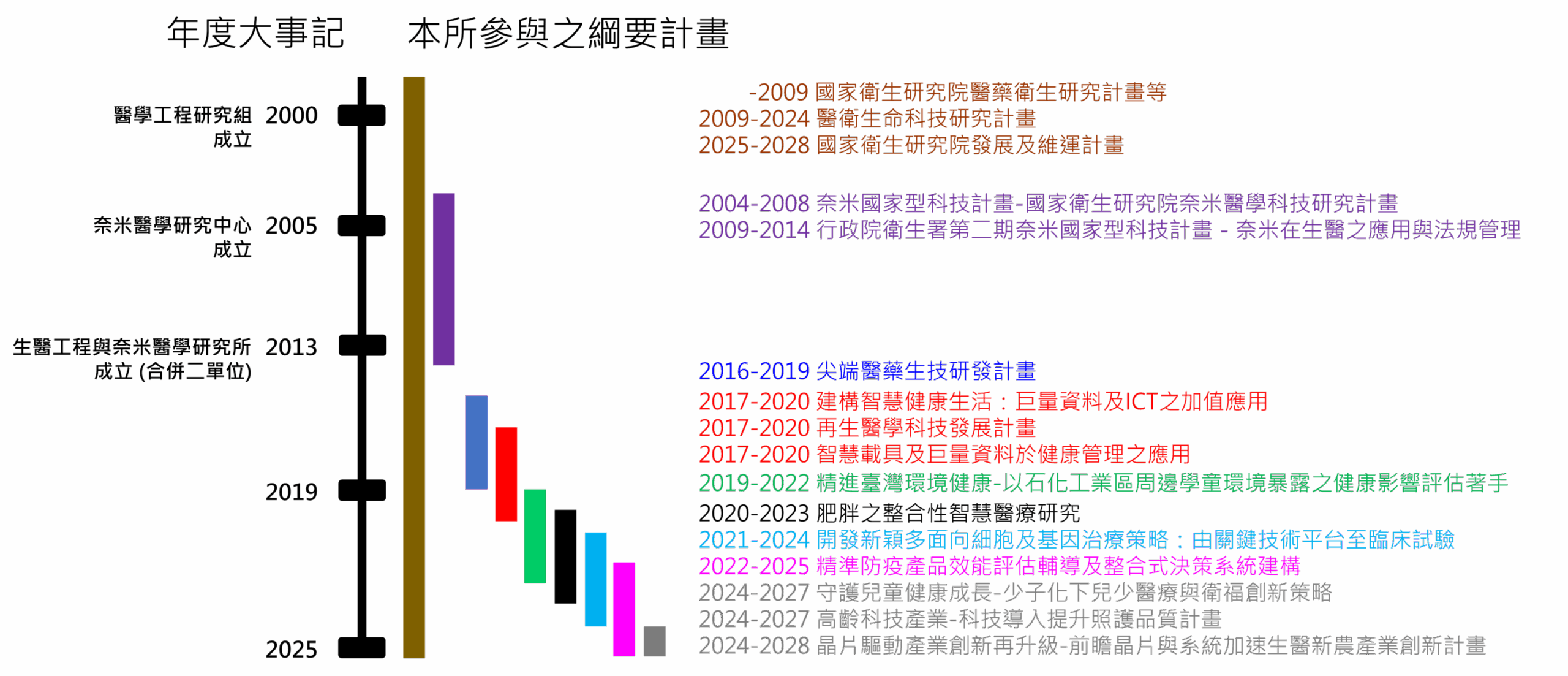
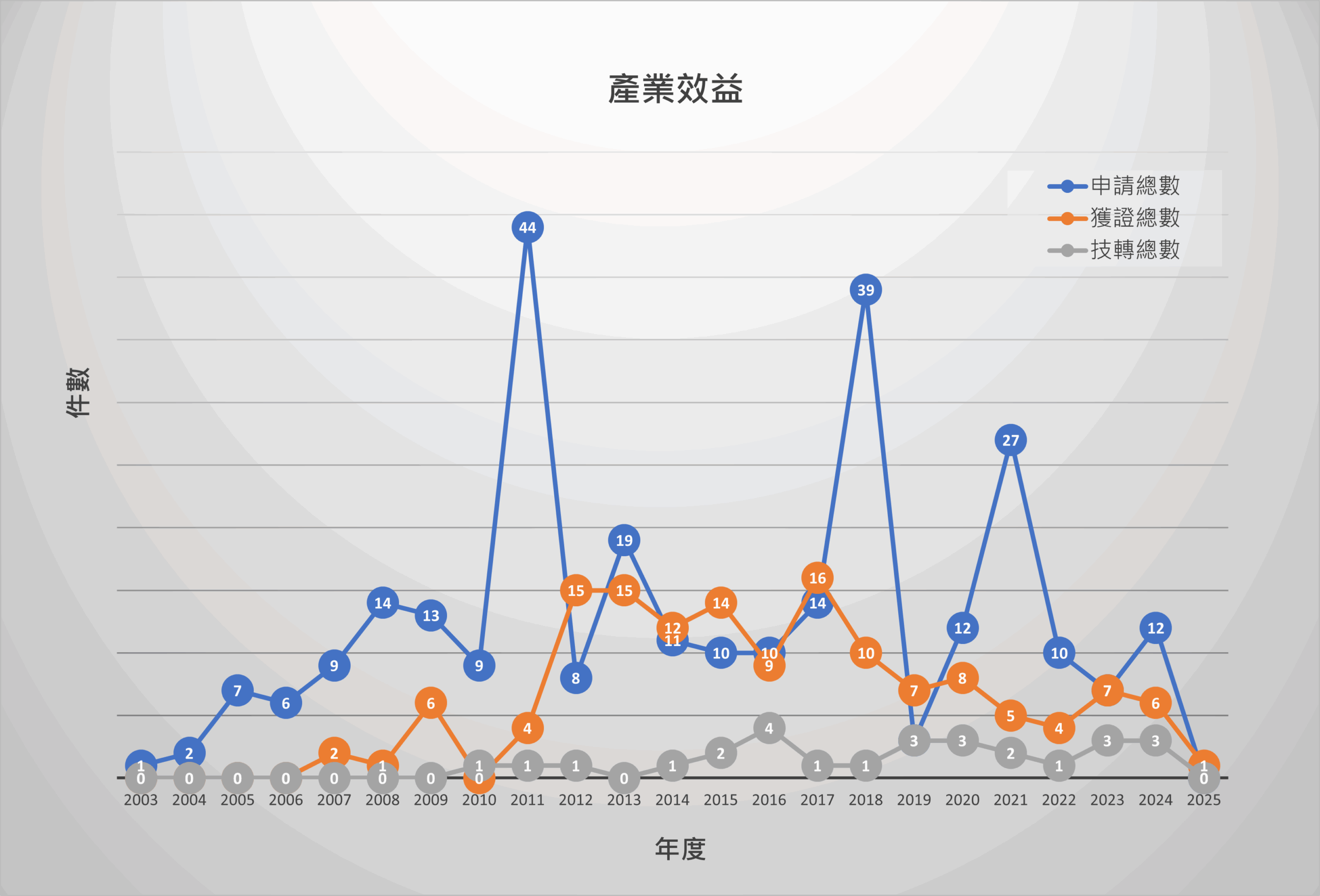
奈米醫學

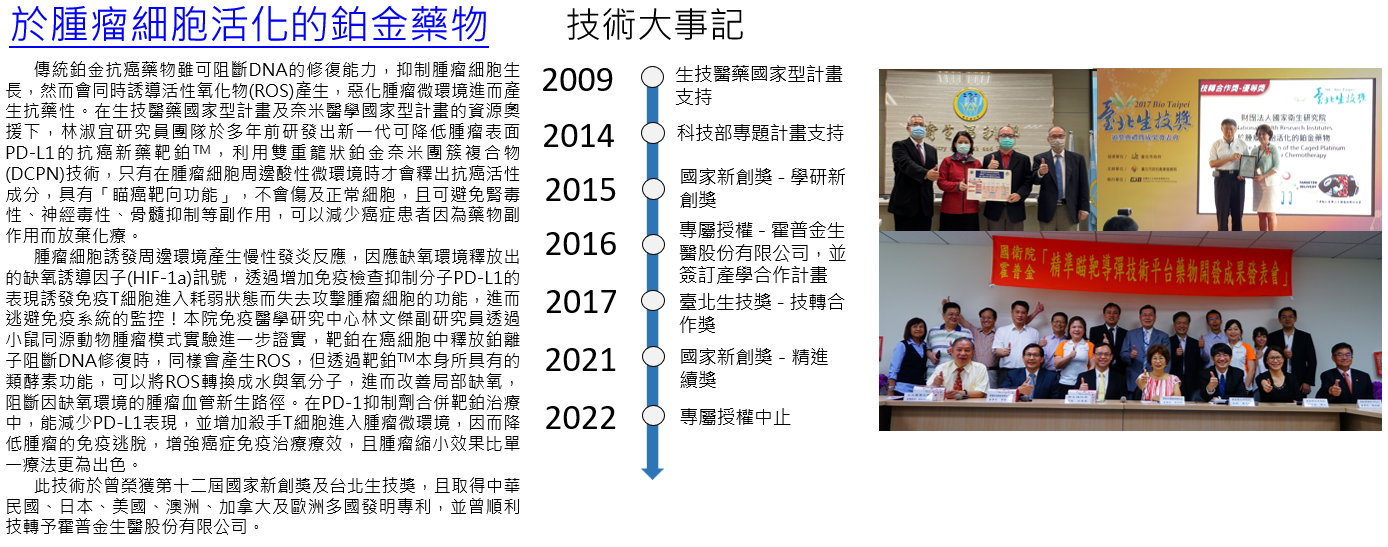
奈米醫學

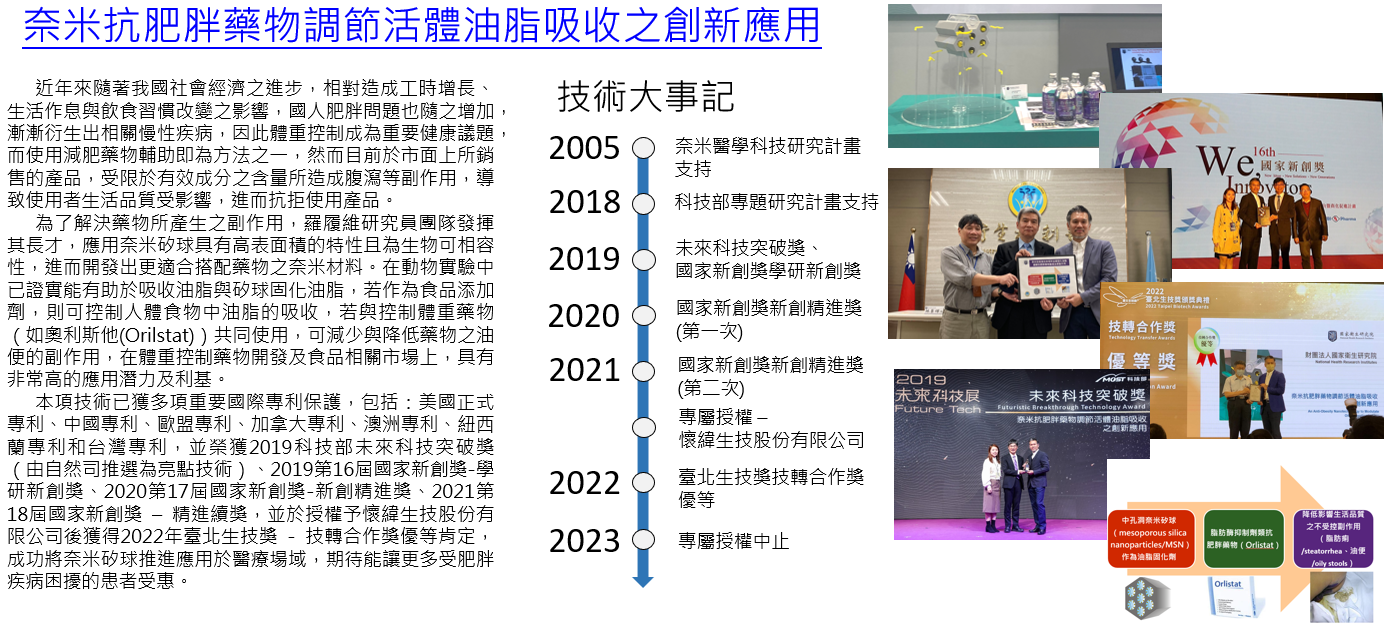
奈米醫學

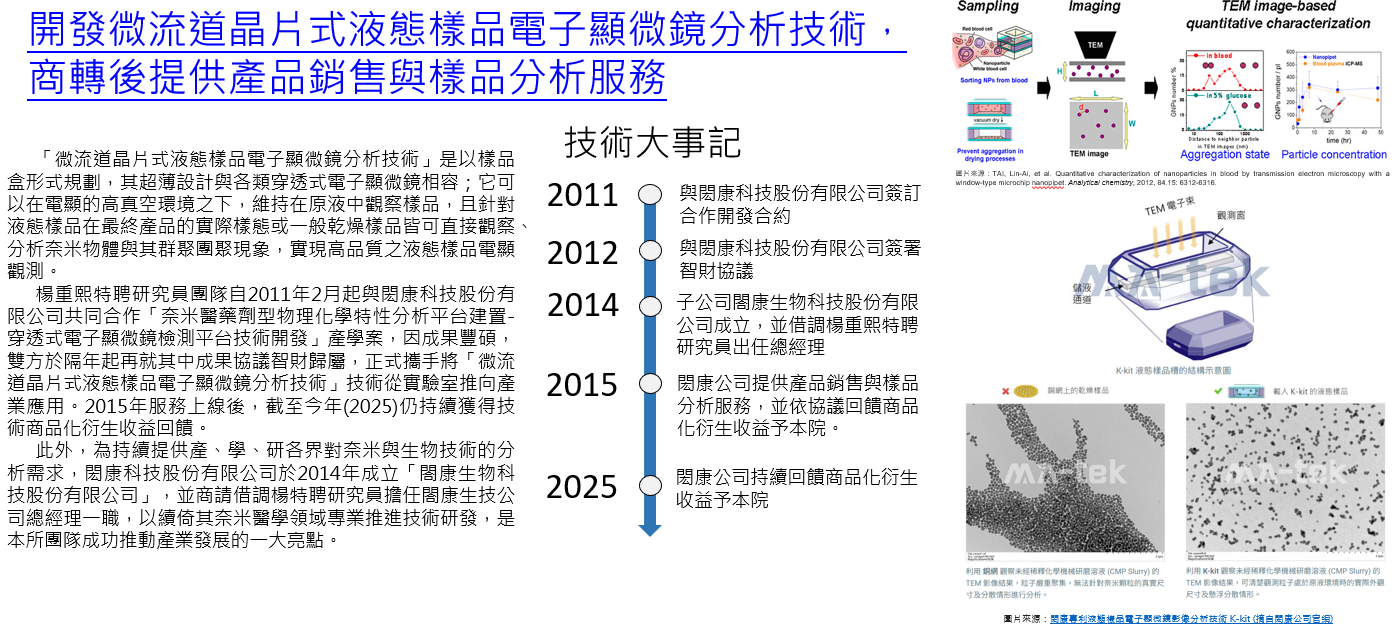
生醫材料

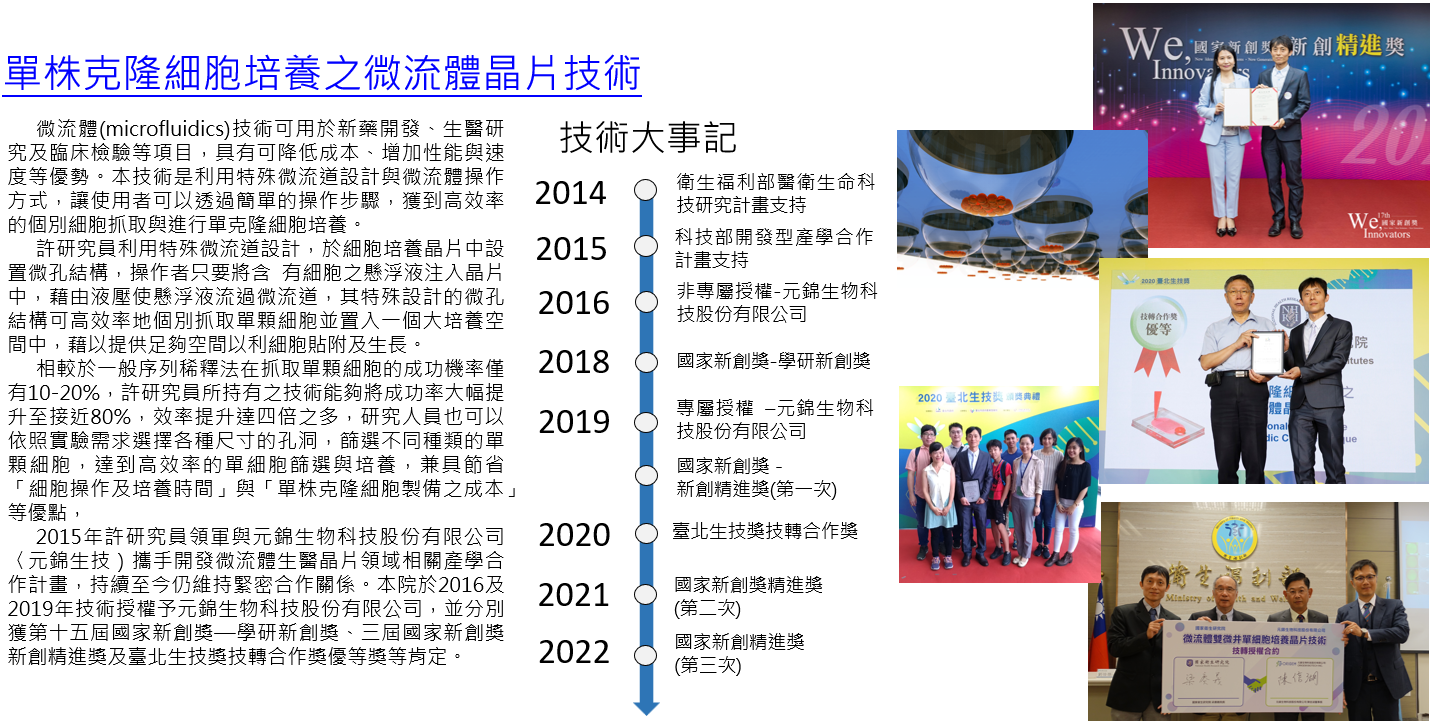
生醫電子




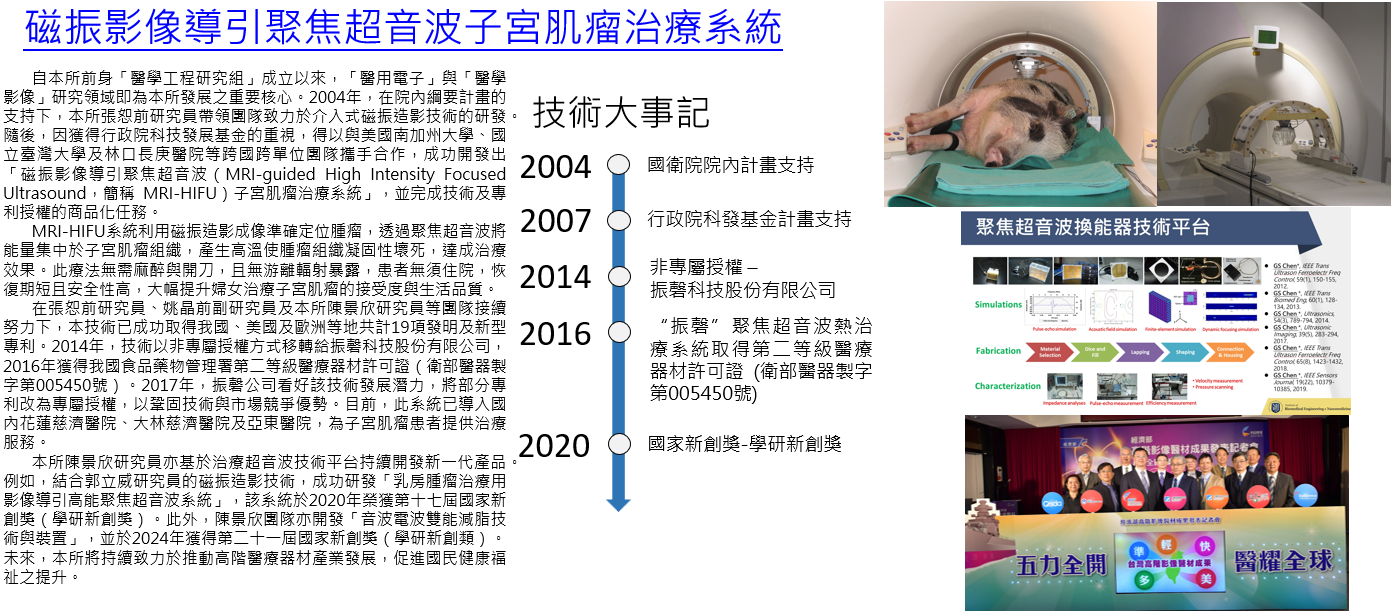
生醫電子

